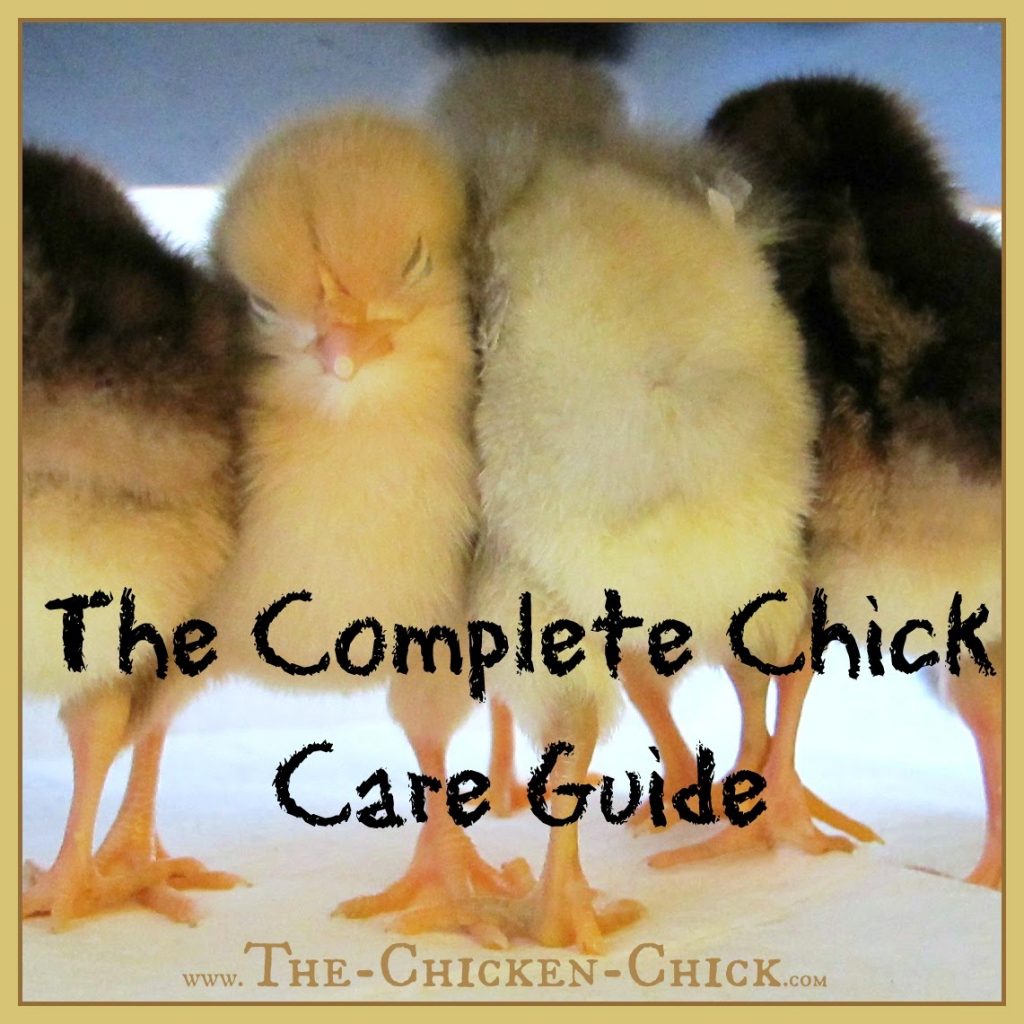
Care of Baby Chicks: A Comprehensive Guide
Introduction
Baby chicks, with their adorable fluffiness and inquisitive nature, are a delight to behold. However, caring for these delicate creatures requires a specific understanding of their needs and a commitment to providing them with the optimal environment for growth and well-being. This comprehensive guide will delve into every aspect of baby chick care, from housing and nutrition to health management and socialization.
Housing
- Brooder: Baby chicks require a warm and draft-free environment during their first few weeks of life. A brooder, which can be a cardboard box, plastic tub, or specialized chick brooder, provides this essential shelter.
- Size: The brooder should be large enough to accommodate the chicks comfortably, but not so large that they become lost or chilled. A good rule of thumb is to provide 1 square foot of space per chick.
- Bedding: The brooder should be lined with a soft and absorbent material, such as wood shavings, straw, or shredded paper. This bedding will provide insulation and help keep the chicks clean and dry.
- Temperature: Baby chicks need a warm environment to maintain their body temperature. The ideal temperature for the brooder is between 95°F (35°C) and 100°F (38°C) during the first week of life. Gradually reduce the temperature by 5°F (3°C) each week until it reaches 70°F (21°C).
- Ventilation: Proper ventilation is crucial to prevent ammonia buildup and respiratory problems. Ensure that the brooder has adequate air circulation by providing small holes or vents.
Nutrition
- Starter Feed: Baby chicks require a high-protein diet to support their rapid growth. A commercial starter feed specifically formulated for chicks should be provided ad libitum.
- Water: Fresh, clean water should be available at all times. Use a shallow waterer with a stable base to prevent chicks from tipping it over.
- Grit: Grit, which is small stones or sand, helps chicks digest their food. Provide a small dish of grit in the brooder.
- Supplements: Vitamin and mineral supplements may be necessary if the starter feed does not provide adequate nutrition. Consult with a veterinarian for specific recommendations.
Health Management
- Vaccinations: Vaccinations are essential for protecting chicks from common diseases such as Marek’s disease and coccidiosis. Consult with a veterinarian to determine the appropriate vaccination schedule.
- Parasite Control: Chicks can be susceptible to parasites such as mites and worms. Regular deworming and parasite control measures are necessary to maintain their health.
- Signs of Illness: Monitor chicks closely for any signs of illness, such as lethargy, diarrhea, or respiratory distress. Seek veterinary attention promptly if any symptoms are observed.
- Hygiene: Maintaining a clean and sanitary environment is crucial for preventing disease. Regularly clean the brooder and bedding, and disinfect waterers and feeders.
Socialization
- Handling: Handle chicks gently and frequently to socialize them and reduce stress. Avoid grabbing them by the wings or legs.
- Companionship: Chicks are social creatures and thrive in the company of other chicks. If possible, raise multiple chicks together to promote their well-being.
- Interactions: Supervise interactions between chicks and other animals, such as cats or dogs, to ensure their safety.
Additional Considerations
- Light: Baby chicks require 12-14 hours of light per day. Provide artificial lighting if natural light is insufficient.
- Exercise: Chicks need space to move around and explore. Provide a small play area outside the brooder where they can scratch and forage.
- Transitioning to Outdoors: Gradually introduce chicks to the outdoors once they are fully feathered and vaccinated. Start with short periods in a protected area and gradually increase the duration and exposure to the elements.
- Predator Protection: Secure the brooder and outdoor area from predators such as cats, dogs, and wild animals.
Conclusion
Caring for baby chicks is a rewarding experience that requires a commitment to providing them with the optimal environment for growth and well-being. By following the guidelines outlined in this comprehensive guide, you can ensure that your chicks thrive and develop into healthy and happy adults. Remember to monitor them closely, seek veterinary attention when necessary, and enjoy the unique bond that comes with raising these adorable creatures.
